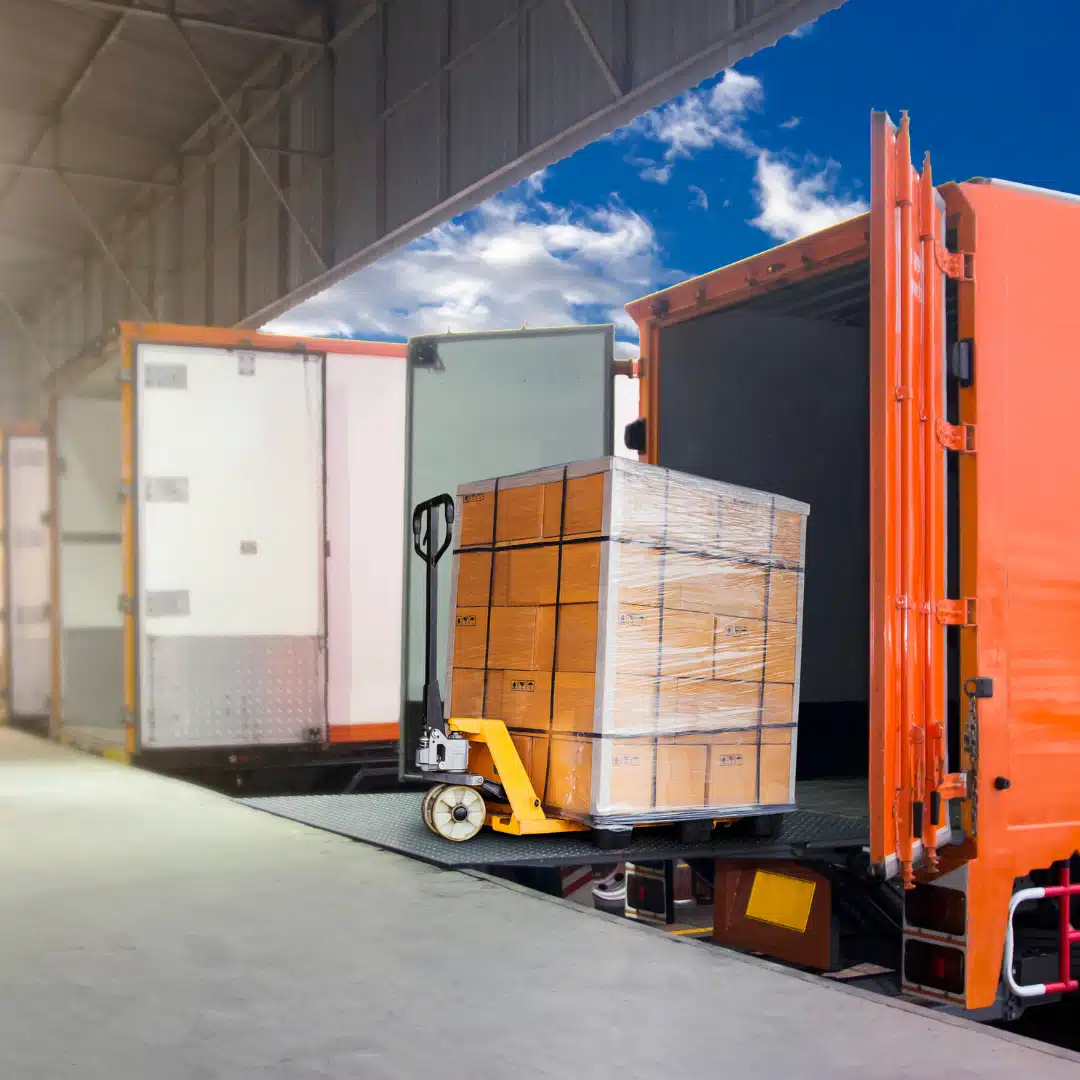Many businesses accumulate surplus equipment, idle inventory, or outdated machines. These are not just items taking up space—they’re assets whose residual value can be reclaimed. Engaging with asset recovery specialists can help your organization unlock this value, improve inventory management, and reduce environmental waste. For companies focusing on sustainability and operational efficiency, working with certified asset recovery services provides multiple benefits.
At LDK Logistics, we partner with recovery experts and provide logistics support so your unused equipment becomes opportunities rather than liabilities.
What Do Asset Recovery Specialists Do?
Asset recovery specialists offer structured asset management and asset disposition services. Their work includes:
Evaluating your surplus inventory: spare parts, tools, heavy machinery, electronics, etc.
Determining residual value and market value to decide whether to reuse, recycle, or sell via the secondary market
Ensuring regulatory compliance, especially if equipment contains data or sensitive parts (e.g. electronics with stored information)
Facilitating data sanitization or data destruction when necessary to avoid privacy, data breach, or security risk
Handling transportation, storage, or scrapping of equipment in an environmentally friendly manner
They also help with audit trails, accounting, and documentation to support legal and financial considerations around surplus assets.
Key Benefits of Engaging Asset Recovery Specialists
1. Maximize Financial Returns & Improve Cash Flow
- Recovery specialists translate idle assets into cash flow via resale or reuse.
- Proper depreciation assessment helps you avoid undervaluing assets.
- Avoid losses from equipment that depreciates while sitting idle.
2. Reduce Waste & Promote Sustainability
- Reusing or recycling assets supports a circular economy.
- Environmentally friendly asset disposal avoids landfill and waste.
- Demonstrates corporate sustainability, which may enhance brand reputation.
3. Mitigate Risks & Maintain Compliance
- Ensures data security and compliant disposal of electronics with data or information storage.
- Helps satisfy local and international jurisdictional laws and environmental regulation.
- Helps avoid legal liabilities such as lawsuits related to improper disposal or data breaches.
4. Improve Inventory Visibility & Operational Efficiency
- With analytics and good asset management software, see which items are idle, which departments are under‑utilizing assets.
- Helps in procurement decisions—don’t overbuy what you already have.
- Frees up warehouse space and reduces costs of maintaining dormant equipment.
How to Work Effectively with Asset Recovery Specialists
Perform an Inventory Audit
- List all surplus assets, note condition, make/model, purchase date, and usage history.
- Identify any with embedded data or intellectual property concerns.
Select Certified, Transparent Specialists
- Choose asset recovery companies with certifications, good customer service, and experience in asset recovery services.
- Check they offer clarity on beneficial ownership, jurisdiction, and legal frameworks.
Define Your Strategy: Reuse, Recycle, or Resell
- Some assets are better suited to internal reuse or redeployment.
- Others might be sold to the secondary market.
- Some must be scrapped—ensure scrapping is compliant with environment laws and provides documentation.
Ensure Safe and Responsible Asset Transport & Handling
- Use secure transport for high‑value or sensitive items.
- All moving or handling of equipment should consider damage, data security, and environmental factors.
Monitor and Measure Impact
- Track metrics like recovery amount, inventory turnover, number of items diverted from landfill.
- Use analytics to inform future procurement and maintenance strategies.
Regulatory & Legal Considerations
Working with asset recovery isn’t just operational—it also intersects with law, ethics, and finance:
- Laws around confiscation, embezzlement, or fraud may require cooperation with law enforcement or prosecutors.
- Regulatory bodies like the Financial Action Task Force (FATF) focus on tracing stolen assets, money laundering, and returning of illicit funds.
- Transparency in ownership, accurate accounting, and clear audit trails are critical to avoid legal risk.
- If resources contain stored information, information security, proper data erasure, and compliance with privacy law are essential.
FAQ: Working with Asset Recovery Specialists
1. What qualifies as a surplus asset?
Any equipment, inventory, or machinery that is no longer in active use, is obsolete, has low utilization, or has been replaced. It can range from spare parts and tools to industrial machines and electronics.
2. How do asset recovery specialists protect data and ensure compliance?
They use data sanitization or destruction, maintain documentation, follow local and international law concerning privacy and security, and typically have certifications or protocols in place for safe handling and information security.
3. What’s the difference between reselling vs recycling vs reuse?
Reuse means the asset is redeployed within your organization or sold to someone who uses it as is.
Reselling involves preparing the asset for sale to external buyers/secondary markets.
Recycling means breaking down the asset for materials, often when repair or reuse is not feasible economically.
4. Is this process only for large companies or industrial plants?
No. Asset recovery is beneficial for companies of all sizes—from small businesses to large manufacturing plants. Even small idle inventory can represent value and reduce costs.
5. How do I choose the right asset recovery company?
Look for: certified service providers; transparency in pricing; experience in your industry; strong track record; good customer service; ability to handle transport, disposal, or storage responsibly.
6. Will asset recovery help with sustainability goals?
Yes. It supports environmental sustainability by reducing waste, promoting a circular economy, ensuring proper recycling, and avoiding unnecessary purchase of new assets.
Working with asset recovery specialists isn’t just about cleanup—it’s about strategy. It’s about turning unused assets into value, protecting your organization from risk, and improving both financial and environmental performance.
If you’re ready to recover value from idle equipment, improve your inventory management, or establish an asset recovery policy, LDK Logistics is here to help. We offer full-service coordination—from assessment and transport to resale or recycling.
Contact LDK Logistics today to discuss an asset recovery plan tailored to your organization.

